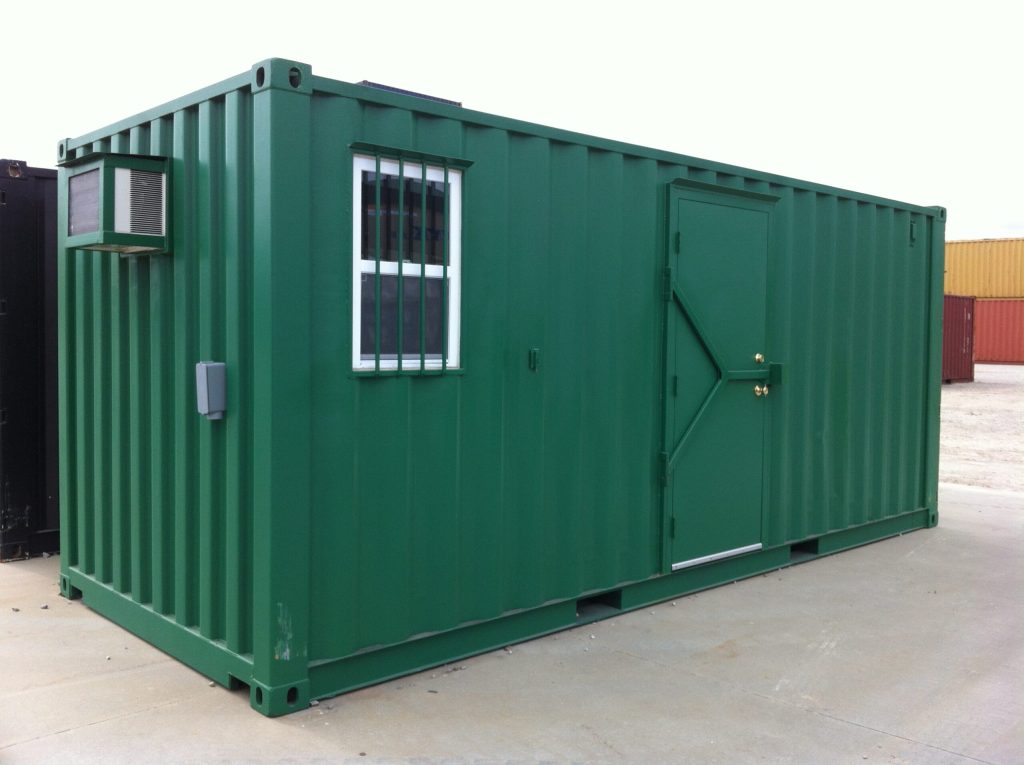Efficient shipping is a cornerstone of the global forest products supply chain, playing a vital role in ensuring that timber, paper, and other wood-based products reach their intended markets in a timely and cost-effective manner. The forest products industry is inherently complex, involving various stakeholders, including forest owners, sawmills, manufacturers, logistics providers, and retailers. Each segment of the supply chain relies heavily on efficient shipping processes to minimize costs, reduce environmental impacts, and enhance overall productivity. One of the primary reasons efficient shipping is crucial in this sector is the perishable nature of forest products. While timber itself is durable, the processing and manufacturing phases are time-sensitive. Delays in shipping can lead to increased costs and wasted resources, particularly for products like paper and engineered wood that may have shorter shelf lives or require specific environmental conditions during transport. Ensuring that these materials are shipped efficiently not only maintains their quality but also aligns with the just-in-time inventory practices increasingly adopted by manufacturers.

Moreover, the global nature of the forest products industry means that many products are sourced from diverse regions. For instance, logs harvested in North America might be shipped to Asia for processing before being sent to Europe for distribution. This wood pulp shipping complexity necessitates a robust logistics framework that can seamlessly integrate different modes of transport, including truck, rail, and maritime shipping. Efficient shipping processes help streamline this integration, ensuring that materials move swiftly through the supply chain and reducing the time products spend in transit. Additionally, efficient shipping practices can significantly mitigate the environmental impact of the forest products supply chain. Transportation is a major contributor to greenhouse gas emissions, and optimizing shipping routes and methods can reduce fuel consumption and emissions. By utilizing advanced technologies such as GPS tracking and data analytics, companies can improve route planning, minimize empty miles, and enhance overall logistics efficiency.
Sustainable shipping practices not only align with corporate responsibility goals but also cater to the growing consumer demand for environmentally friendly products. Furthermore, the economic implications of efficient shipping are substantial. Delays and inefficiencies can lead to increased costs, affecting the pricing of end products and potentially pricing companies out of competitive markets. Efficient shipping minimizes these costs, enabling companies to offer more competitive prices while maintaining healthy profit margins. Efficient shipping is indispensable to the global forest products supply chain. By ensuring timely and cost-effective transportation, it enhances product quality, reduces environmental impacts, and supports economic viability. As the industry continues to evolve, the emphasis on efficient shipping will likely grow, fostering a more sustainable and competitive forest products sector.